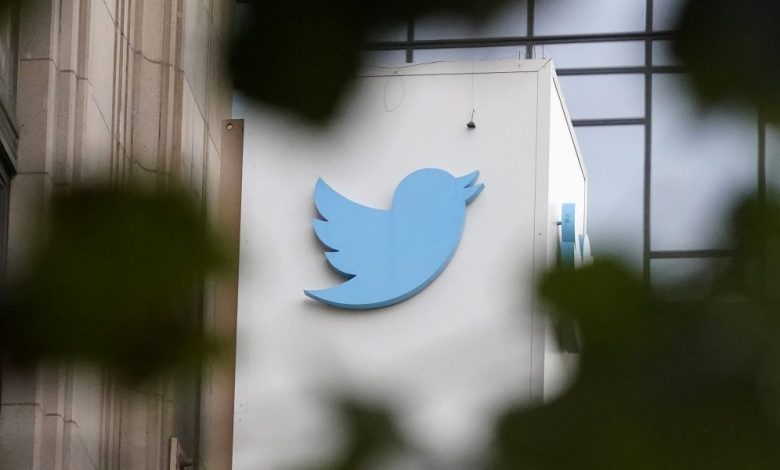Twitter’s new policy on violent comments is similar to the old policy

Twitter revealed on Wednesday a new guidelines Banning “violent speech” on its platform, although the rules appear very similar to the violent threat policy the company had on its books before Elon Musk took over.
Among the updates, Twitter expanded its policies to include a ban on “coded language,” often referred to as “dog whistles,” used to indirectly incite violence. It also added a rule prohibiting “the threat of damaging civilian homes and shelters or infrastructure essential to daily, civic or business activities.”
The additions come as San Francisco-based Twitter prepares to comply with new European Union regulations that go into effect this fall. The new rules, dubbed the Digital Services Act, require tech companies to better monitor their platforms for material promoting, for example, terrorism, child sexual abuse, hate speech and commercial fraud.
Twitter’s new policy on violent language states that “healthy conversation cannot thrive when violent language is used to convey a message. For this reason, we have a zero-tolerance policy toward violent speech to ensure the safety of our users and prevent violent acts from normalizing.”
But Twitter had a version of that rule on the books as early as October 2021, a year before Musk bought the company for $44 billion, according to a snapshot of its site rules on the Internet Archive’s Wayback Machine. The old rule stated that Twitter has a “zero tolerance policy towards violent threats. Those believed to be sharing violent threats will face immediate and permanent account suspension.”
Twitter also edited and reshuffled the policies, although some changes appeared purely cosmetic. For example, the prohibition of violent threats and the desire to harm any person or group of people was previously in a section titled “Abusive Behavior” and is now in a new section titled “Policy on Violent Remarks.”
The company adheres to a policy that is “targeted wrong gender or deadnaming of Transgender People,” which some transgender advocates had feared would be removed.
Of course, policies are only as good as their enforcement. After Twitter lost the majority of its workforce to mass layoffs, layoffs, and resignations, it’s not clear if Twitter can keep its users on board with its new — and old — policies. The system was far from perfect from the start, especially in countries outside of the US and EU
Learn how to navigate and build trust in your organization with The Trust Factor, a weekly newsletter exploring what leaders need to succeed. Login here.



